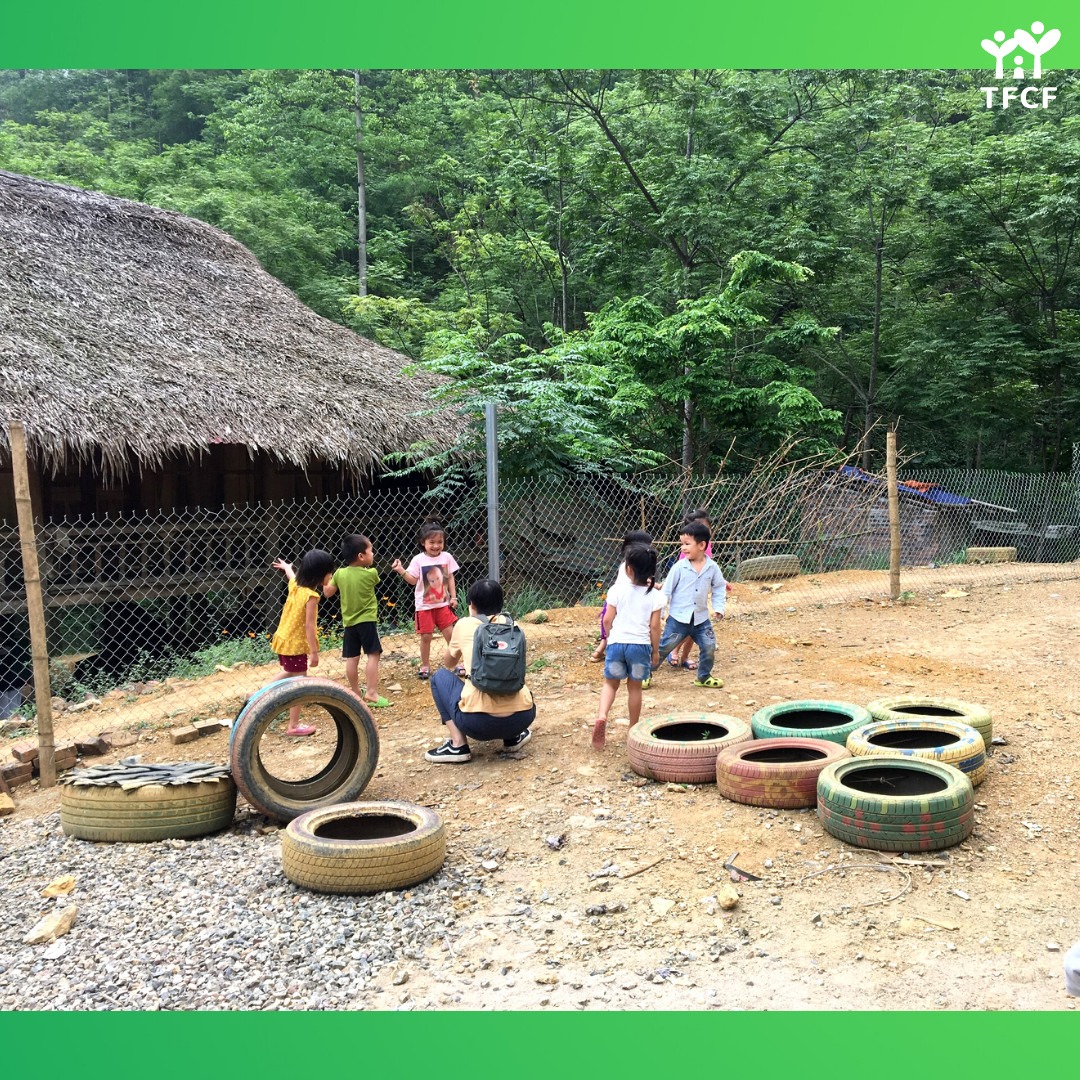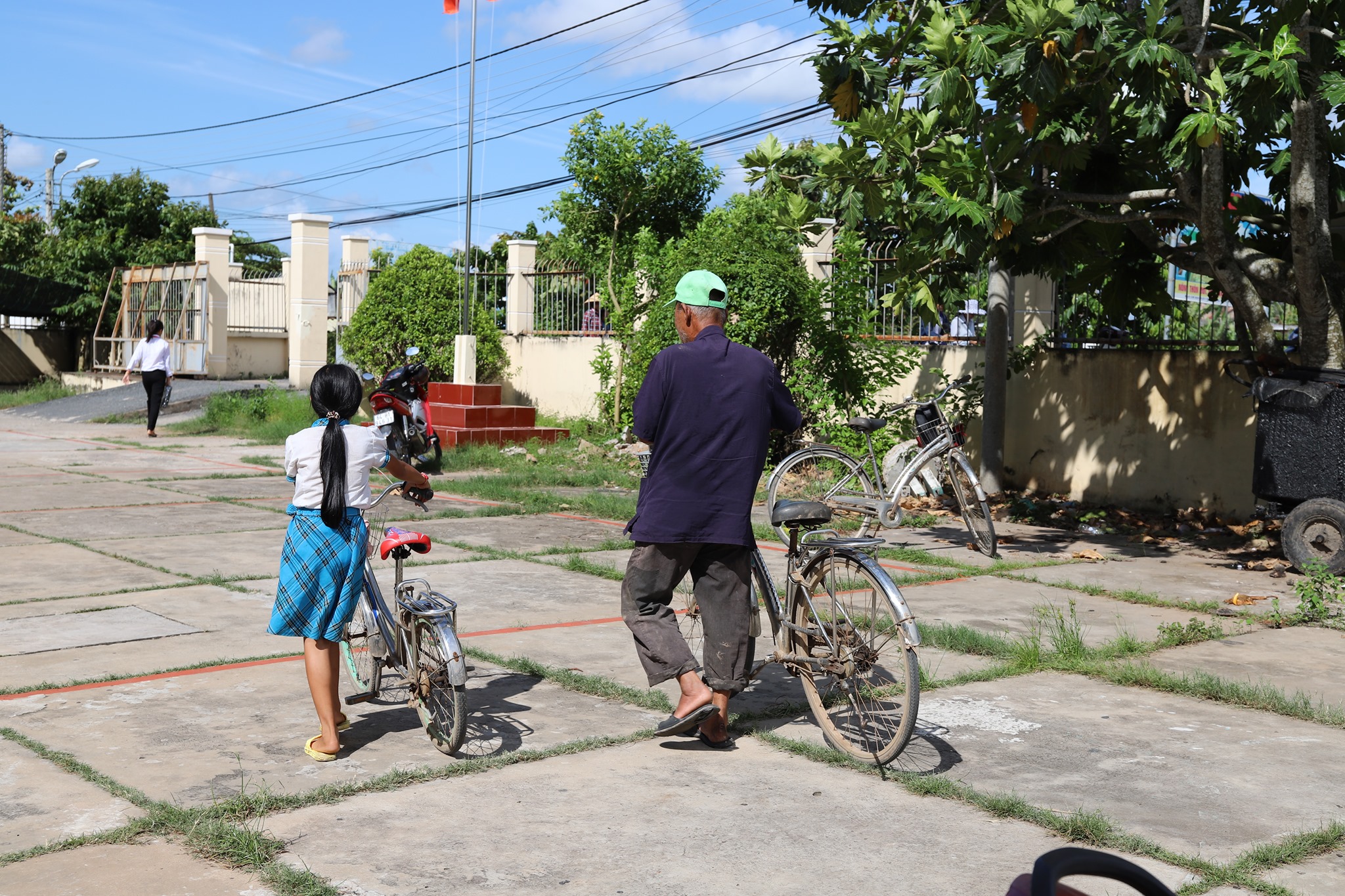Vietnam: Focus on the Mental Health Under Curfew

On May 31 this year, I texted a local co-worker who was quarantined at home. She was identified by the government as a potential contact to a COVID-19 confirmed case in her community. She, unfortunately, became the first local co-worker in our office who had to quarantine at home. After sending the text, I was honestly not sure how much help could the greeting “how are you today?” bring to her.
If we went back to a month prior, Vietnam had the fourth explosion of COVID cases. Many people naively thought this would just be another outbreak that would be diminished in no time, no one had expected the speed and space the virus had traveled.
Since July, the pandemic became uncontrollable, the records of confirmed cases were beaten daily. The confirmed cases were around a thousand at the beginning of July, and it skyrocketed to 7 thousand in three weeks. Realizing the pandemic mandate could not control the pandemic effectively, the government of Vietnam declared a curfew from 6 pm to 6 am on July 25.
The situation accelerated so quickly that it only left people a day to purchase their daily necessities, people around the country suddenly had to rush to buy food and supplies. The rush and horrifying scenes as well as the chaotic situation were all over the major news outlets, the air was also permeated with the sense of insecurity.
According to our local co-worker at the TFCF Vietnam Branch office. “The impact of the pandemic can be presented by statistics. We can also easily see the situation through the number. But how can we measure the damage to mental health? The children as the same age as my son whose long-expected summer vacation was once again disrupted by the pandemic. The pandemic had also robbed the children of their happy memories with their friends.”
The announcement of the curfew brought Vietnamese people nothing but chaos, therefore, we were constantly checking on our local co-workers to see how they are doing. People tend to rely on the normal situation, and forced changes often bring a negative impact on people. Therefore, we weren’t surprised to see feelings like worries, pressure, impatience, and loneliness seeped through the texts from our local co-workers.
These problems brought pressure and shadows onto people’s daily lives. Although the right amount of pressure could be beneficial for improving working efficiency and performance, everyone’s ability to handle pressure is different. Sometimes too much pressure could contribute to the opposite, and causes physical and mental problems.
It has been 2 years since the COVID-19 pandemic ravaged around the world, and experts and academics from all backgrounds are still closely monitoring its influence. Social work is the bedrock of how TFCF delivers services, which is why the Vietnam Branch Office continues to keep in touch with our children and families through phone meetings. Besides learning the specific problems they are facing, we also use the Perceived Stress Scale (PSS) and other measuring tools to evaluate the mental health of the family members.
In 200 effective sample sizes, 11% is considered low stress, while 22% is considered high perceived stress. After we finished the ten questions provided by PSS, we also added one open question, “What is the thing that you care the most about, or are there other things that you are worried about?”
Most of the answers are about finance, health, or livelihood. It’s much more obvious for those who are aged around 30-44 because they are the main breadwinners for their families. The result of our phone meeting confirmed our hypothesis, the pressure the family members take is correlated with their familial responsibility.

Many people could agree that physical conditions are unseparated from mental conditions. For example, depression is often considered a mental condition, but in fact, it is related to the neural and endocrine systems as well.
Coronavirus’ ability to spread is unforeseen, the death rate and possibilities for long-term effects are high. But as vaccines from all kinds of pharmaceutical companies were rolling out, people started to keep their hopes up for the vaccines. And started to ask questions such as, “when can I get the vaccine” and “which vaccine should I get?”
Even though the vaccination rate is rising, the number of confirmed cases in many countries is still high. People couldn’t hide their insecurity for their government loosening lockdown restrictions, they were also worried about the effective rate of their vaccines. This series of worrying and panic at first seemed like anxious for no reason but is a normal and natural reaction.
From the angle of social work, PSS could be useful in the critical moment, for the limited resources and services could be directed to those who need it. We also know that many unmeasurable metrics deserve our exploration, to provide more detailed services that better suit our families’ needs.
The Vietnam government has imposed lockdowns and curfews many times, hoping these restrictions could stop the spread of the virus. However, this wave of community infection is unprecedentedly strong, and especially on top of the infamous variants. All of these suggest that getting to zero cases seems impossible in the short term.
To prevent the crush of the economy from the lockdown, the Vietnam government announced the big loosening of policies in October, to let all kinds of business operate under circumstances. The streets become full of people, unlike the deserted street during lockdowns. The high confirmed cases are of course still haunting people, but the familiar smell and noise in the streets also bring hope to the people.
Huong is currently living in North Vietnam, in a town in Hòa Bình province, and is in 5th grade. She shared with our Vietnam Branch office co-worker that “I was scared at the beginning of the pandemic and was really at a loss. I suddenly couldn’t go to school, I could only stay at home, and couldn’t play with my friends like I used to. But now through the teaching from adults, I started to learn how to protect myself, and I am much less scared. I only hope that the pandemic can be over soon so that I could go back to school and continue my study.”
If you want to support our work in Vietnam, you can join us here.
